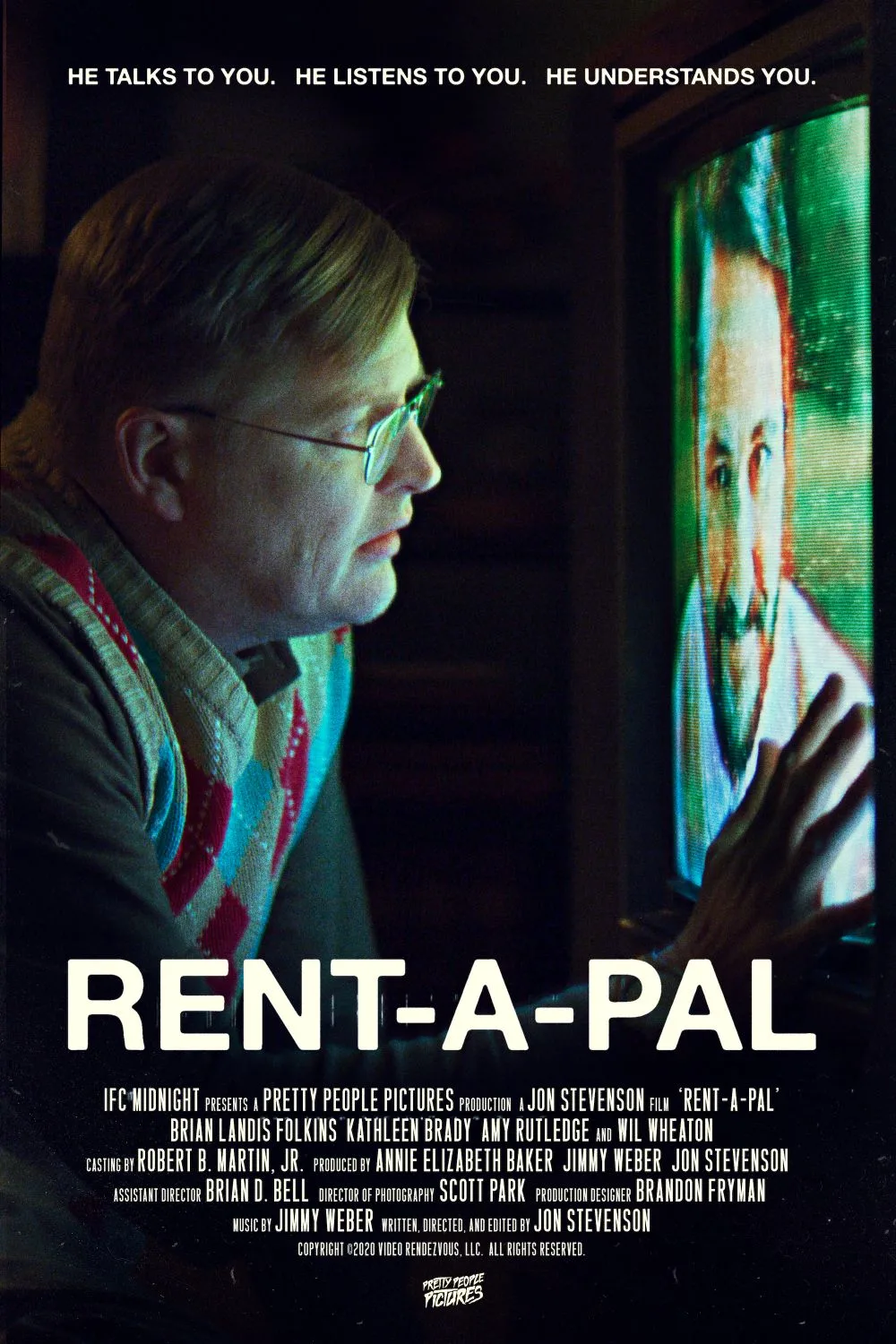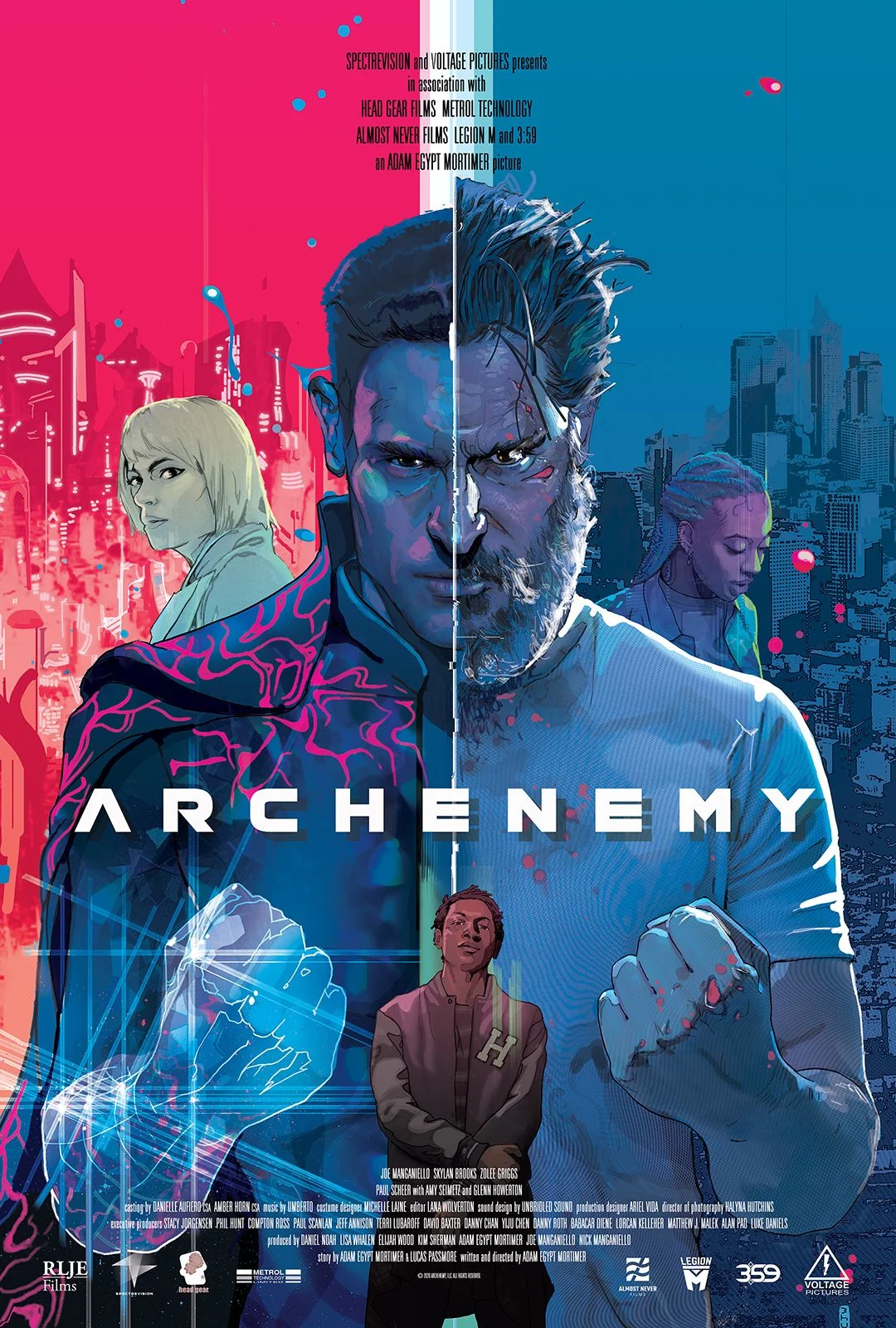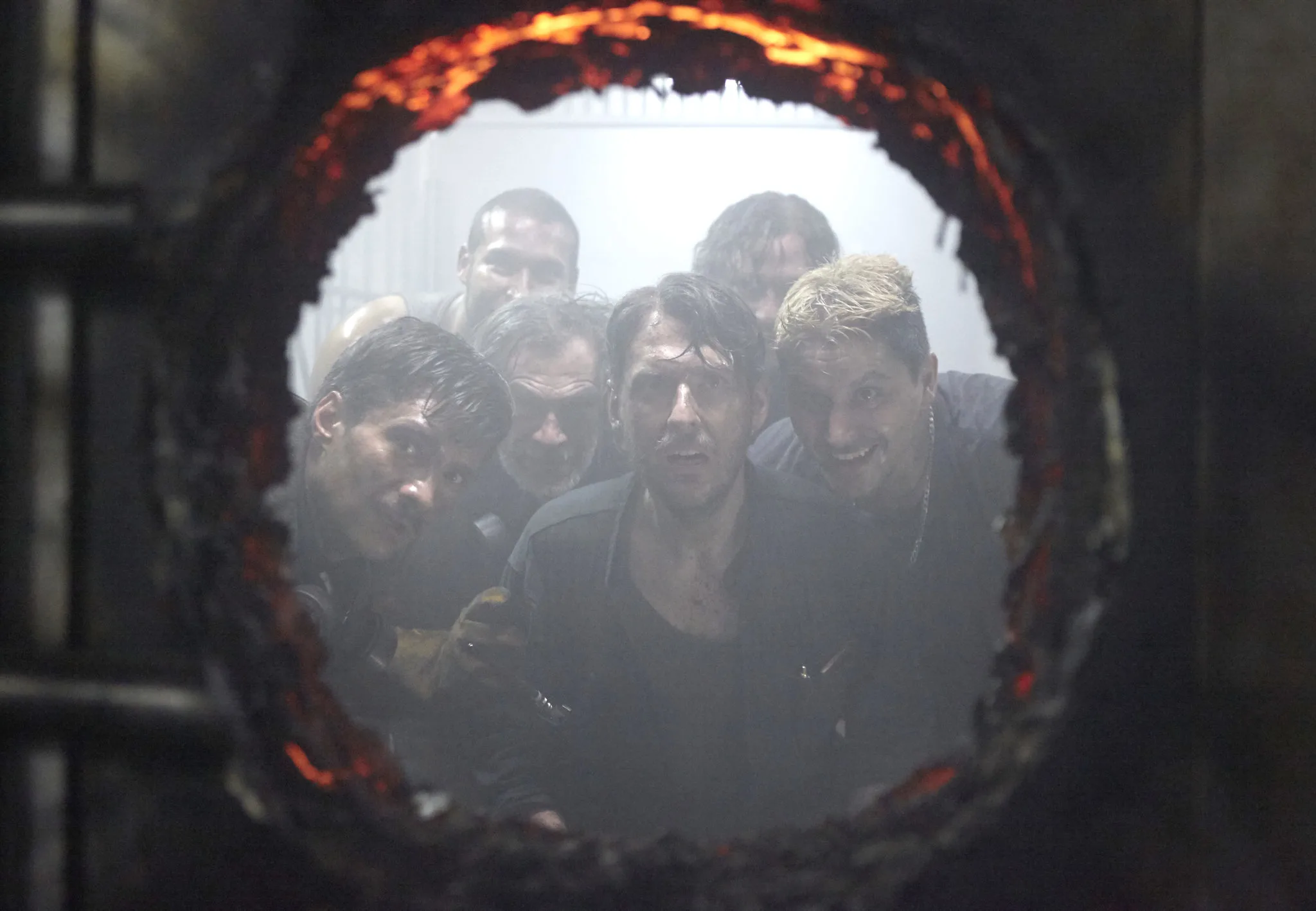Ever since I was a kid I have been a big fan of video games. Growing up I was a big fan of Nintendo as I still remember playing the NES and SNES to this day. I even somewhat remember playing my parents’ Atari. I bring this up because video games have been a pretty big part of my life ever since I was young. There have been quite a few different video game documentaries created over the years. Some of these have been pretty good while there are others which are pretty generic where it felt like those responsible for making them only knew the very basics about the industry. When I received the opportunity to watch a screener for the upcoming Netflix documentary High Score (which launches tomorrow, August 19th, 2020) I was genuinely excited as it looked really good. High Score was created by Great Big Story which is most known for their micro-documentaries and short films on YouTube. I am a big fan of the Netflix series The Toys That Made Us and I was hoping that High Score would be the video game industry’s equivalent. High Score might not be your traditional video game history lesson, but it does a great job giving you an in-depth look at some of the lesser known stories from the video game industry’s past.
Before I get into my thoughts on High Score I wanted to give a brief overview of the episodes in the first season. The overviews are mostly a brief recap of the topics discussed in each episode.
Boom & Bust – The first episode of the series mostly deals with the very beginnings of the video game industry. I would say that a majority of the episode is based around arcade games including how games like Space Invaders and Pac-Man were created, how enhancement kits really changed the industry, and a look at the first ever video competition. The episode also deals with some of the earliest home consoles talking about Atari and a little-known console called the Channel F which innovated the video game cartridge. The episode ends with a discussion of what caused the video game crash.
Comeback Kid – This episode mostly delves into the video game recovery mostly dealing with Nintendo’s beginnings and their entry into the United States market. Some topics include a discussion of Donkey Kong, the NES, the Nintendo World Championships, Nintendo Game Counselors, Nintendo Power, the development of Mario, and the lawsuit over Donkey Kong (filed by King Kong owners Universal Studios) that almost bankrupted the company.
Role Players – This episode is mostly built around the earliest PC games and how the adventure and RPG genres were developed. The episode begins with the genre’s initial inspiration of Dungeons & Dragons and delves into the earliest PC games that used printers instead of monitors (teletype games). The episode then moves onto text adventures which would eventually turn into point and click games and finally the RPG genre. Games and game series that the episode discusses includes Ultima, Final Fantasy, and GayBlade (one of the first games to feature Gay characters).
This is War – Sega vs Nintendo. That is basically the premise behind the fourth episode as it focuses on the console wars. The episode is framed around Sega’s plan to compete with Nintendo in the United States market. This includes a discussion of the creation of Sonic, the formation of Electronic Arts and the Madden franchise in particular, the efforts to target teenagers and adults by making the console appear cool and making fun of Nintendo, and a look at one of the first tournaments held by Sega.
Fight! – This episode is dedicated to the fighting game genre. It begins with how Street Fighter was developed and its popularity to this day. The episode then moves onto a discussion of Mortal Kombat’s development and the controversy that it brought with it about video game violence. Along with a discussion of how the ESRB was formed this includes a look at how the infamous Night Trap was developed.
Level Up – The final episode of the first season of High Score brings a discussion of some of the first attempts to bring rudimentary 3D to home consoles. The episode basically follows two paths. One discusses how Star Fox was created over at Nintendo. The other follows the early days of id Software and the creation of Wolfenstein 3D, Doom, and bringing online connectivity to video games.
Heading into High Score I had high expectations but I was a little hesitant as well. The trailer for the series reminded me a lot of The Toys That Made Us which is a good thing as I really enjoy that series. I have seen some video game documentaries that barely scratch the surface though where it felt like the people that worked on them didn’t really care all that much for the industry. The good news is that High Score is much more like the former than the later.
As a matter of fact High Score genuinely reminds me a lot of The Toys That Made Us. The series is not made by the same people, but the series uses a very similar style. I would say that it is a little more serious than The Toys That Made Us, but it relies on a pretty similar style of humor. Like The Toys That Made Us, instead of a bunch of narration it tells its story through interviews with people with direct knowledge of the topic. Many of these interviews are with people who worked on the iconic games that are discussed as well as other people involved in the early days of the video game industry. As many of the interviews are from Japanese developers this does involve quite a bit of subtitle reading if you don’t know Japanese, but I didn’t find this to be an issue. Between these interviews the documentary is narrated by Charles Martinet who most people will recognize as the voice of Mario. I don’t know if you could have found a more fit narrator for the story of the history of video games.
In the past I have seen a number of different video game documentaries about the history of the industry. Most of these documentaries follow the timeline approach where they basically just starting listing off things that happened in chronological order. This is understandable as this is generally the easiest way to tell the history of something. High Score approaches this in a slightly different way. Instead of just going through a bullet list of different events that happened High Score decides to use a different narrative structure. Each episode deals with a different period of time in the history of video games, but looks at it through the framework of an overall topic. For example several of the episodes are formed around the creation of a different genre of video games. As an example, the third episode frames early PC games around the formation of text adventures and early RPGs. This makes the story of High Score stand out as it genuinely feels like a different take on the topic.
I think this is the area where the series really shines. There have been a number of different video game documentaries and many of them basically cover the same topics. If you have seen one of these documentaries you probably already know much of the information that the other documentaries have to offer. While there are parts of High Score that I already knew a lot about, I would also say it offers more obscure information and stories than most video game documentaries do. I think this is because High Score spends quite a bit of time talking about stories that many video game documentaries ignore. Instead of just a superficial overview of the industry that just touches on the most basic information High Score does a deeper dive into its topics to give you more information. This is done by mostly talking to the people responsible for creating the games that are discussed. I genuinely learned quite a bit of information that I had never heard before.
For this reason I genuinely enjoyed watching High Score. The series is not perfect but it is one of the best video game documentaries that I have ever seen (nearly reaching the peaks of Indie Game: The Movie and The King of Kong). At this point I would say that it is the “definitive” video game documentary about the history of the industry. The series does a great job finding the right balance between being informative and still being enjoyable. High Score doesn’t just spit facts at you and instead tells a story. It can be genuinely funny at times. I think this all works because it is obvious that those behind the series have a genuine passion for the industry. Some video game documentaries that I have seen you can tell that the people behind them didn’t have passion for the industry as they just felt kind of lazy. You can tell that those responsible for making High Score care deeply about video games though which comes out in how the story is told and the various topics that the series decides to focus on.
If you are looking for a typical “entire history of the video game industry” documentary though you may be a little disappointed. Due to how it is structured it doesn’t cover all of the topics that you would normally expect for the history of video games. The documentary does gloss over big parts of the video game industry’s history in order to focus on more specific topics. Many popular games during these times are ignored entirely as the documentary does seem to jump around at times. Watching this documentary won’t teach you everything that you need to know about the history of the industry. To fill in these gaps you should watch one of the other documentaries about this topic. High Score is not a comprehensive history of the industry and it really isn’t trying to be.
For this reason and the fact that I really enjoyed High Score I hope that the series gets another season. I am not sure what the long term plan is for High Score but I believe that it is currently planned to be a limited series. Hopefully it follows in the footsteps of The Toys That Made Us and gets picked up for more seasons. With how the series is structured there are many more topics that the series can talk about. The first season basically ends at the earliest 3D games so the story can continue with the rise of 3D games to the present day. The series could also easily go back to topics from the early days that haven’t been discussed yet.
High Score is not perfect but I can genuinely say that it is one of the best video game documentaries that I have ever seen. It is considerably different than your typical documentary about the history of the genre. Instead of just an event by event recap of the history of the industry the series decides to break down history into a number of different topics. Instead of being a comprehensive history of the industry High Score does a deeper dive into specific topics. This might disappoint people that are looking for a comprehensive history, but I think it was a wise decision. The series discusses a lot of topics many other documentaries don’t really discuss and is genuinely informative. It is evident that the people behind High Score have a genuine passion for video games.
My recommendation for High Score is actually pretty simple. If you don’t really care for video games I don’t see it being for you. Those that have any interest in video games or are fans of series like The Toys That Made Us should really enjoy High Score and should consider checking it out.
The first season of High Score launches on Netflix tomorrow, August 19th, 2020.






